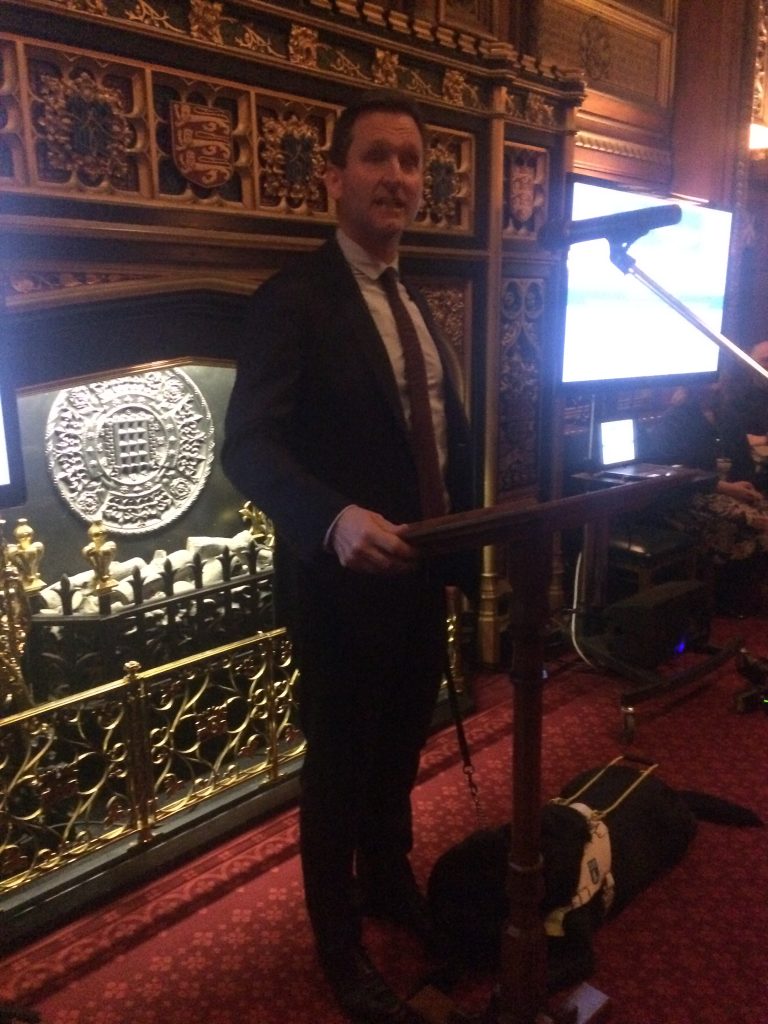Regulations governing the accessibility of public sector websites
Due to Brexit there are a whole raft of measures that need to be updated so that they can continue to operate even though the UK has left the European Union. The Draft Public Sector Bodies (Websites and Mobile Applications) Accessibility (Amendment) (EU Exit) Regulations 2022 is one such change. It deals with accessible websites.
In essence, the change means that regulations and requirements that apply to accessible websites moves from the European standards (EAS) to the Web3 standards (IWAS). Speaking in the Lords about the change, the Minister assured members that there would be no reduction in standards for disabled people trying to access a public sector website or any additional work for public sector organisations in providing accessible websites:
“These amendments will not reduce any of the UK’s standards and support for disabled people, nor add any additional burdens to the UK’s public sector.”
Viscount Younger of Leckie, Lords Grand Committee, 18th October 2022.
“Accessible websites” simply means that websites must be as easy as possible for all people to use. In particular, it refers to making websites and apps that disabled people can use. So if you use any assistive technology such as a screen reader or speech recognition software, you should still be able to access any public sector website.
For example, a blind student should be able to access their university’s website through a screen reader, find out their timetable and download course information and lecture notes. Or a business owner with arthritis who uses speech recognition rather than a keyboard should be able to log on and pay their taxes.
Technology is neutral so we must ensure websites are inclusive by design
Chris spoke during the debate to underline the fact that technology offers the potential to enable, empower and include. It is equally important, though, to remember that if these technological tools – websites and applications, are not inclusive by design, then technology can just as easily exclude and discriminate.
“What we get from technology is the potential inclusion, empowerment and enablement of disabled people given what the technology is capable of doing. Equally, however, technology can exclude and discriminate if it is not produced and constructed while rooted in being inclusive by design. It is understandable why it has taken the country years to enable buildings such as Parliament—that is, a physical building—to become accessible for disabled people. It is desperately unfortunate when we see inaccessible steps, if you will, being built in cyberspace when, in many ways, we are starting from a greenfield site. If everything across the public and private sectors was predicated on inclusive design, there would be no issues here. Does my noble friend the Minister believe that more needs to be done across this area, with a greater understanding across Whitehall, to grasp what it really means to begin and run all this through that conception of “inclusive by design”? Does he agree that inclusion leads to innovation, empowerment, engagement and enablement, by which I mean human-led technology enabling all the talent that we have in this country? In many ways, there could preciously be a more important time for us to focus on this.”
Lord Chris Holmes, Lords Grand Committee, 18th October 2022.
Is enough being done to ensure all public sector websites are accessible?
Chris also took the opportunity to ask the Minister if he was satisfied that the Government Digital Service (GDS), responsible for monitoring compliance, was doing enough to ensure there was a full picture of what is going on out there and aligned to that point if the Equality and Human Rights Commission (EHRC) responsible for enforcement, were also doing enough?
To repeat his most powerful message and the reason why we must be absolutely sure that all public sector websites are accessible, it is clear that inclusion leads to innovation, empowerment, engagement and enablement. Human-led technology should be enabling all the talent we have in this country and there could not be a more important time to focus on this.
Full text of debate, Hansard, 18th October 2022.
